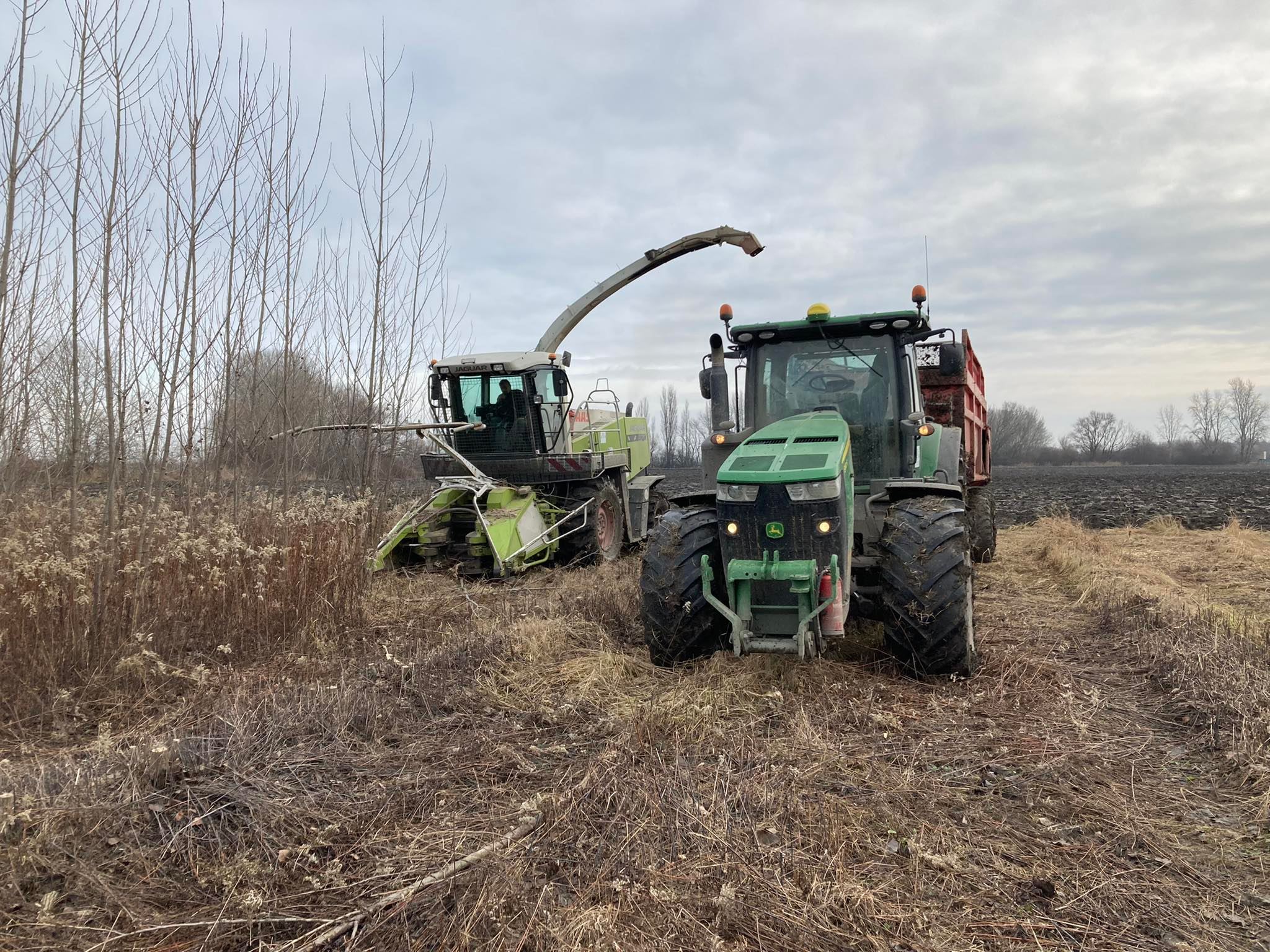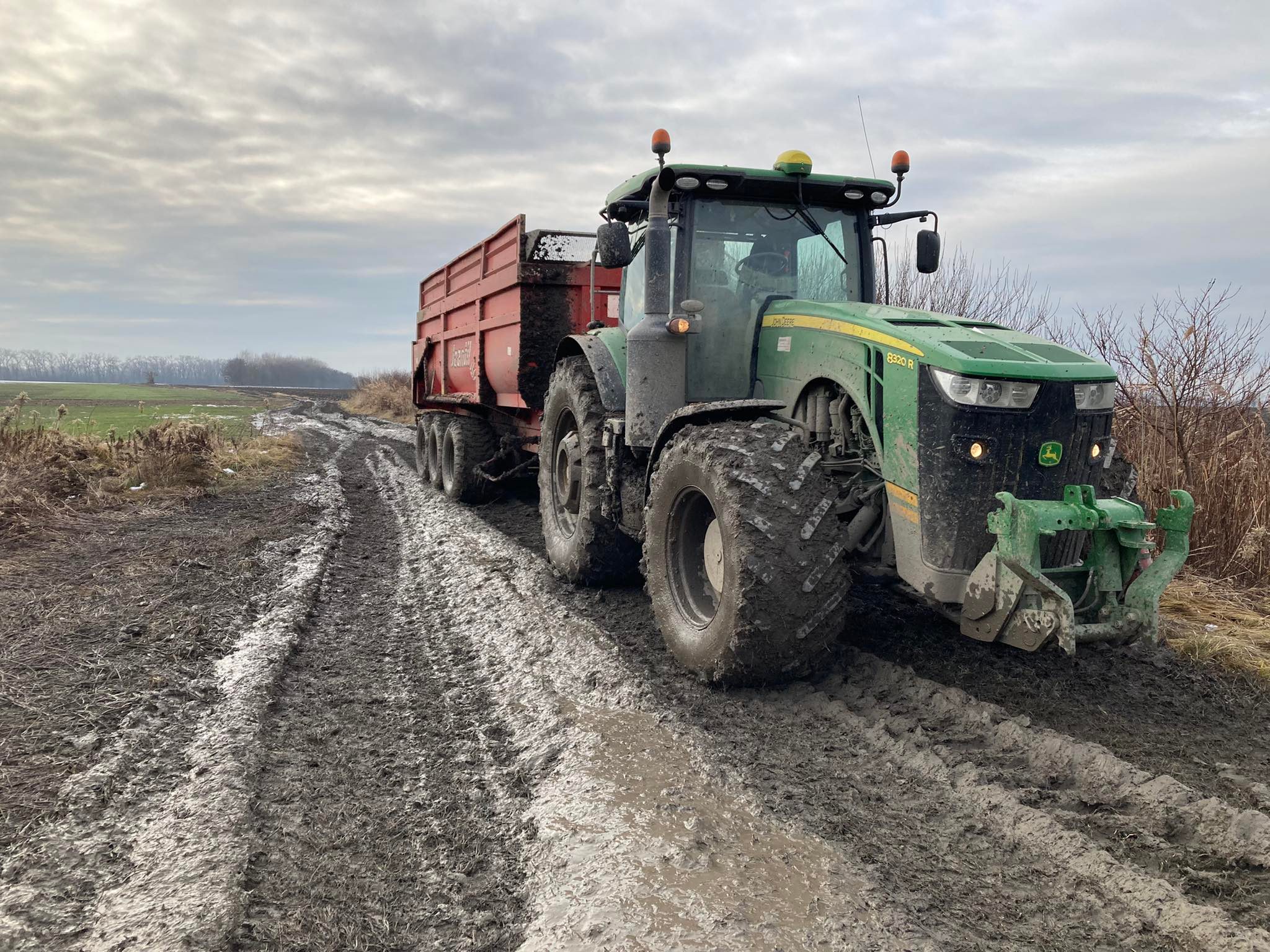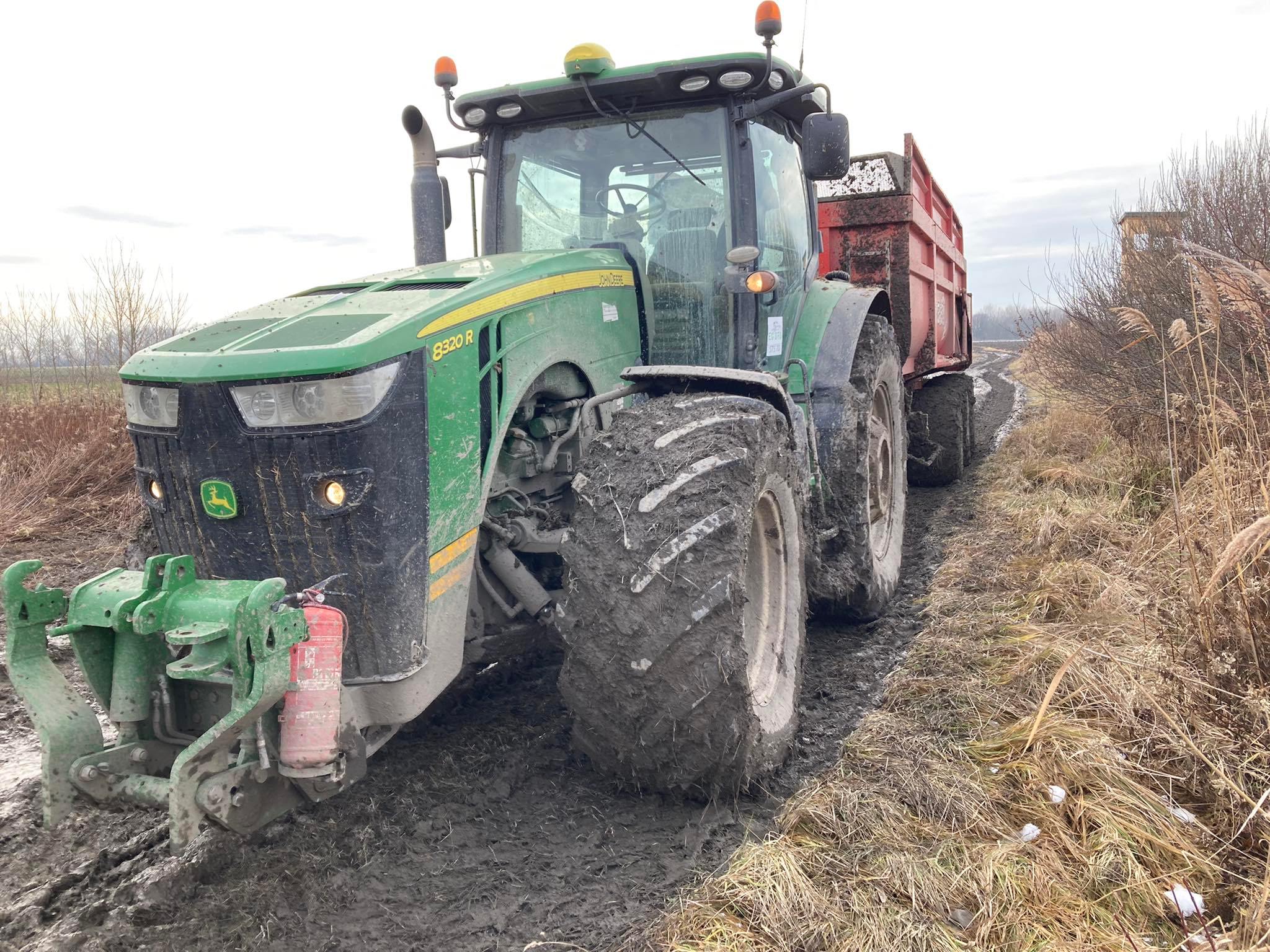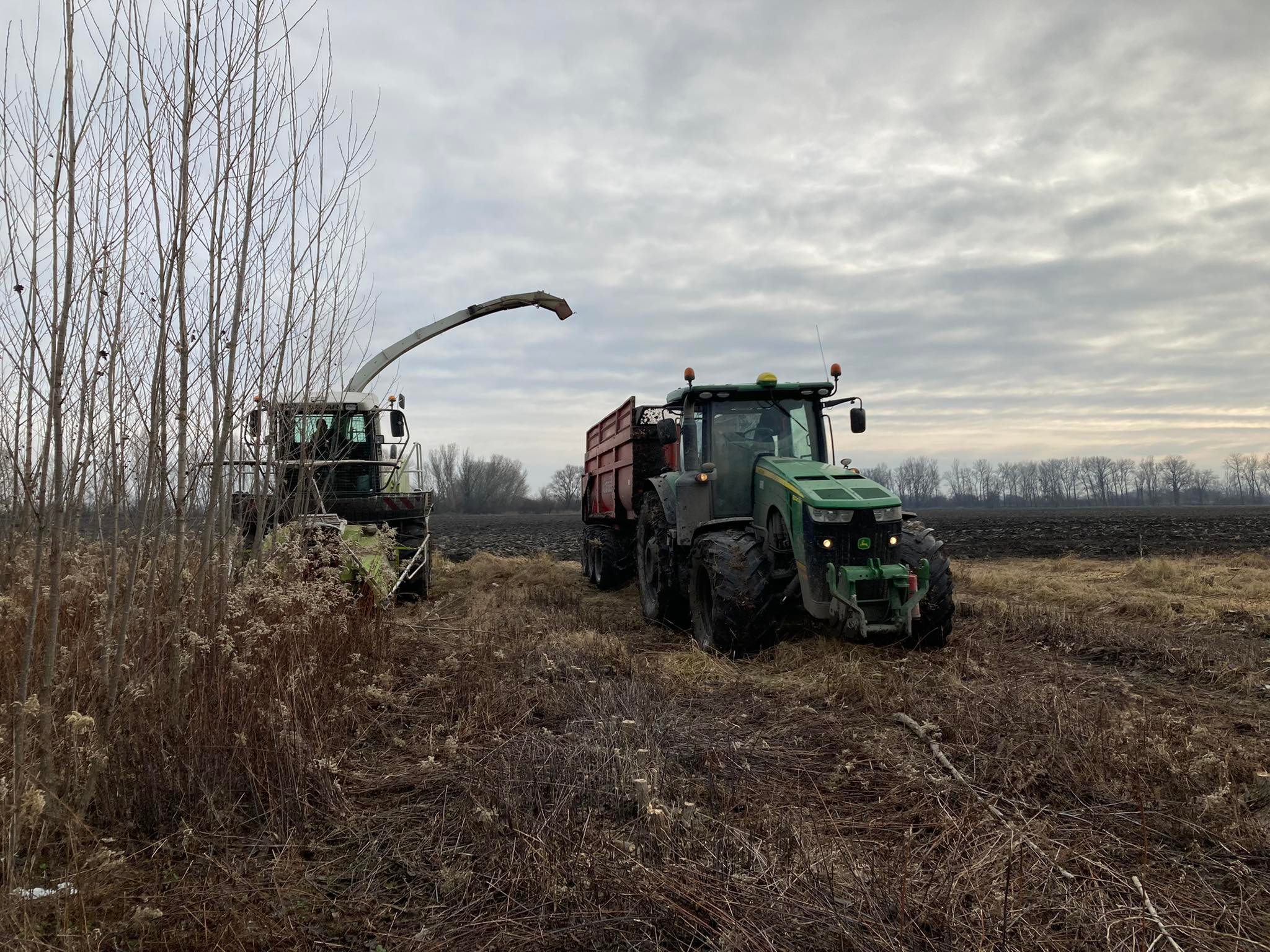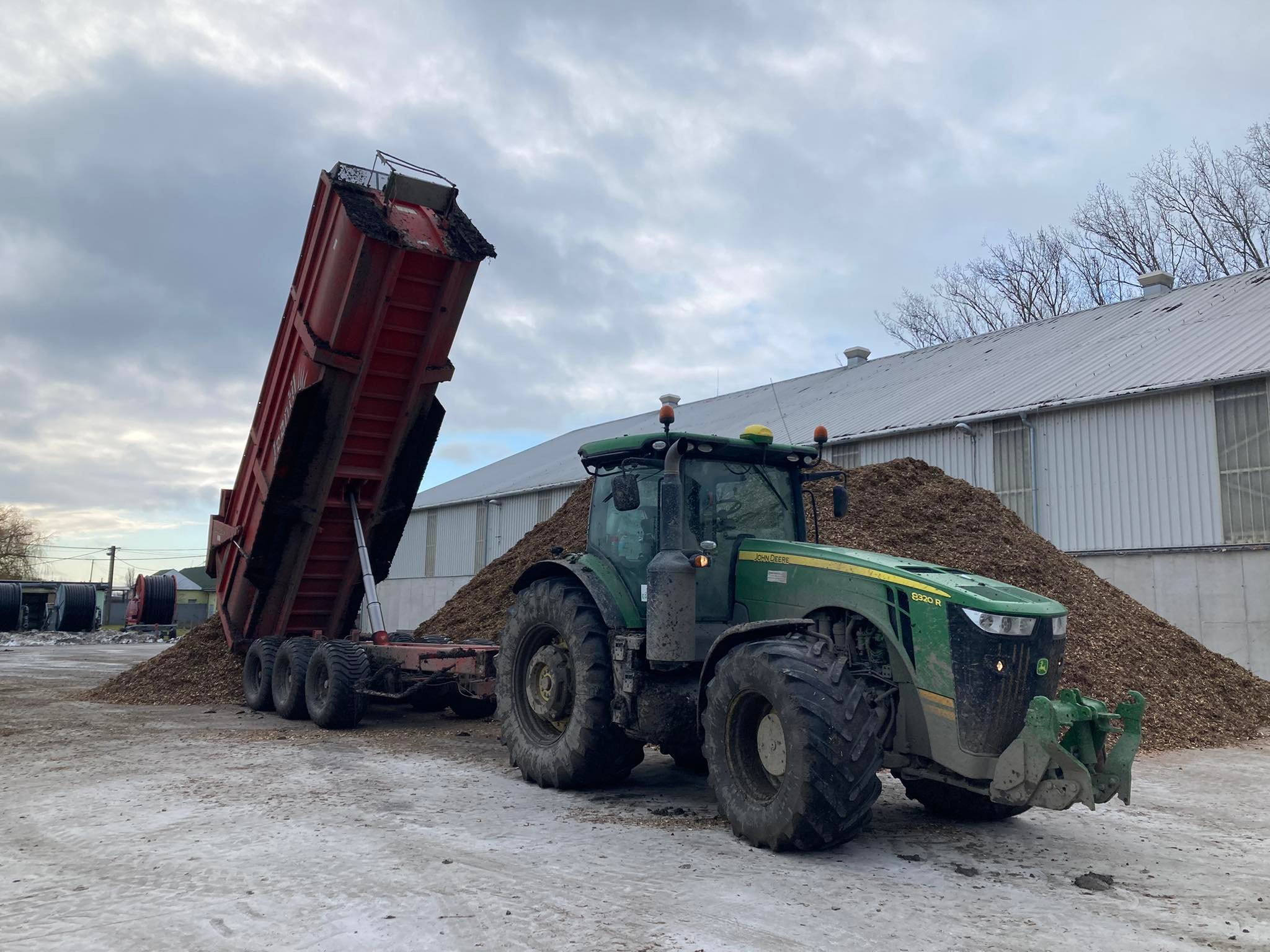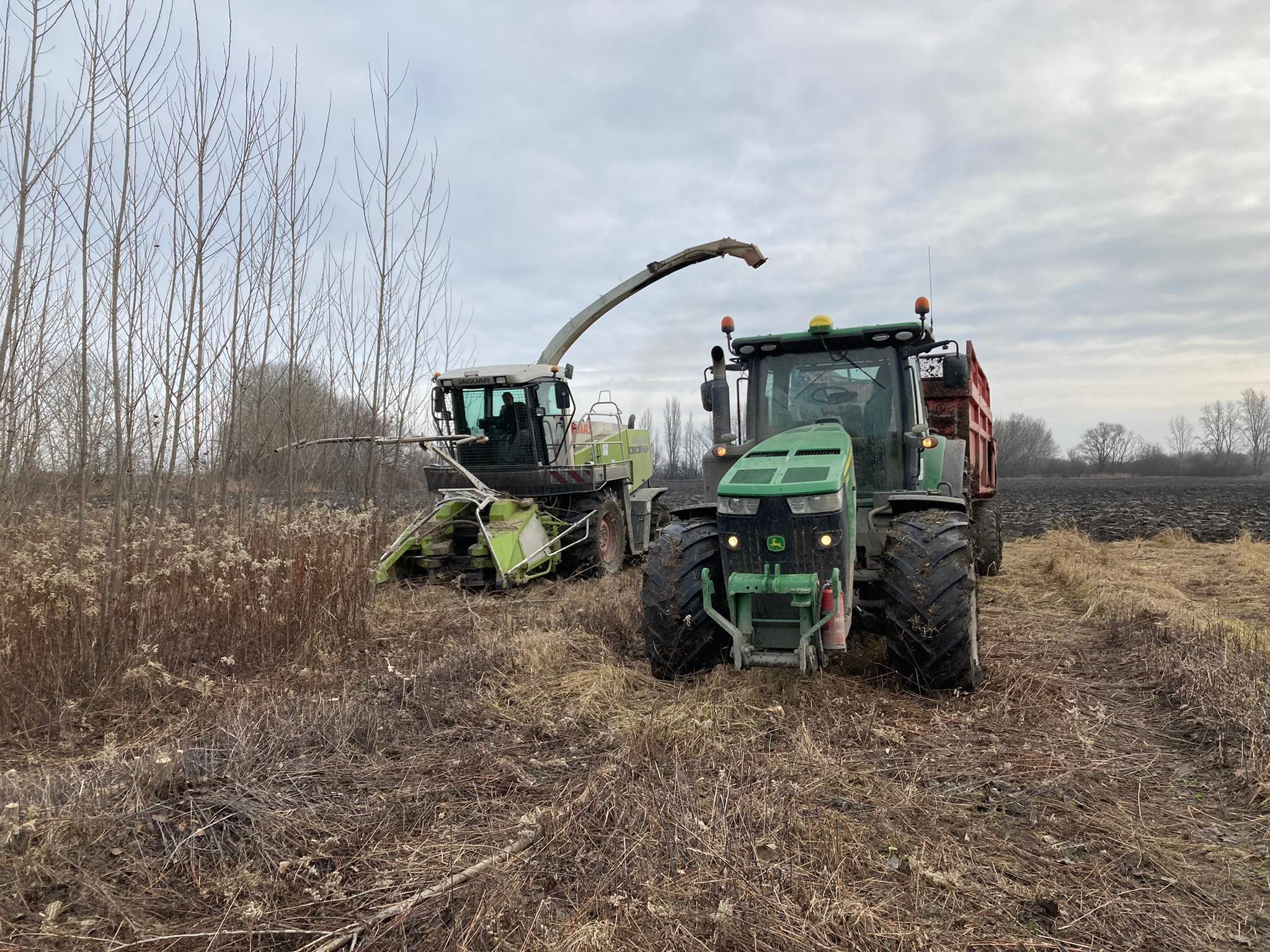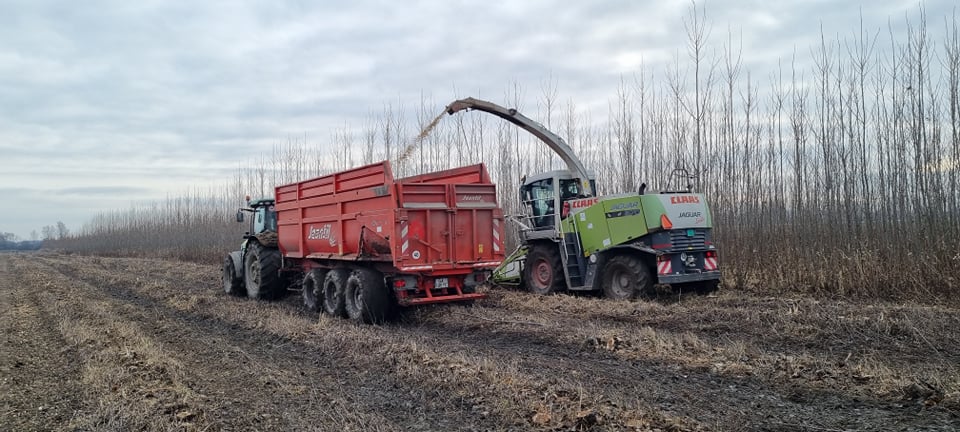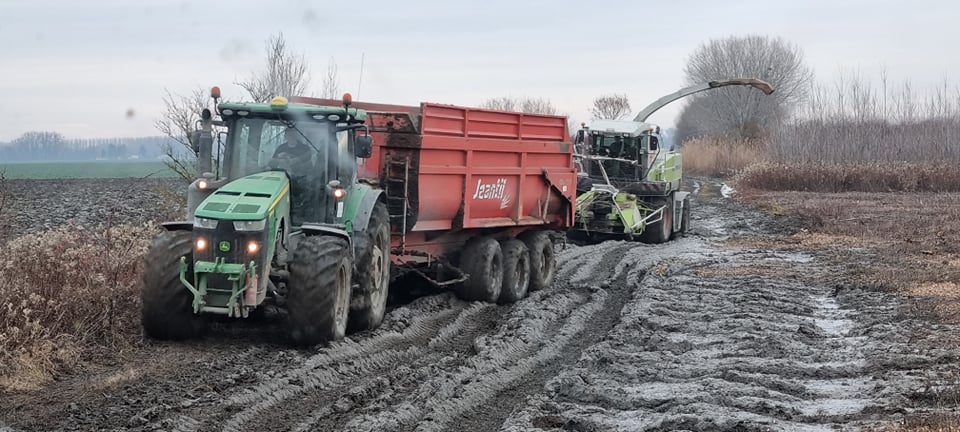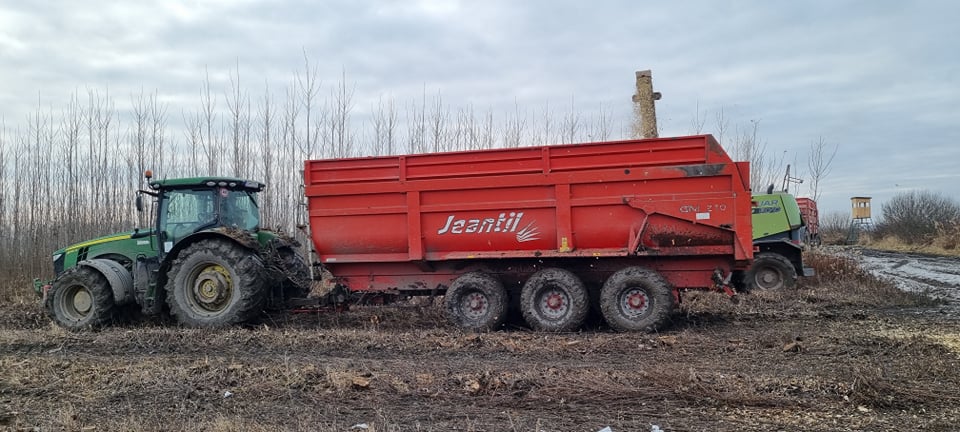B20
Solution for the agricultural sector
About the project
With the aim of providing a low-emission transport solution for to the agricultural sector too, agriculture was included in the scope of SK-Bioride projects as well. Since March 2021, B20 fuel (diesel with a biodiesel content of up to 20%) has been introduced and tested in agricultural machinery, specifically in two EG STS tractors doing field work in a rural region near Orechová Potôň, Slovakia. The performance impact of long-term use of the B20 fuel blend and commonly used B7 fuel was investigated along with agricultural machinery operation, and environmental impact was compared. The desired result of the project test, running continuously into 2022, is to provide reliable objective data to encourage the feasible implementation of this fuel as standard for agricultural machinery.
How does the project work?
In the project, four John Deere brand tractors are being monitored during standard operation. Two tractors run on conventional B7 fuel and two on B20 fuel. So far there were no major operational differences detected by users during their operation. Expected data analyses from the test phase will serve to evaluate whether it is feasible to effectively implement B20 fuel in agricultural practice, and to use the B20 blend as a sustainable alternative for agricultural machinery. If the results meet expectations, B7 fuel could be replaced by B20 fuel without negative impacts, and have the desired higher emission reduction. The project’s ambition is to increase the share of locally produced fuel in these uncertain times.
What is B20 fuel?
B20 fuel is a combination of a well-defined proportion of pure fossil diesel (B0) and 100% biodiesel, also known as FAME (vegetable oil methyl ester), produced from various types of vegetable oils. The composition of the oils for the final biodiesel production is determined by the availability of production technology and raw materials. Biodiesel produced in Slovakia mainly from rapeseed oil can also be produced from used cooking oils and fats, sunflower oil, or corn oil.
In Slovakia, biodiesel is produced by the company Meroco in Leopoldov, in accordance with technical standard STN EN 14214 and with significantly lower energy intensity compared to the production of fossil diesel by oil refining. In Meroco biodiesel production, most raw materials used are produced locally and have Slovak origin, with no need for import. Its zero waste biodiesel production creates the by-product of rapeseed meal, which is utilized as a high-value feed for livestock, therefore contributing to Slovakia’s food self-sufficiency. Biodiesel production is certified by the renowned company SGS according to the globally recognized ISCC certification scheme, with certification carried out in accordance with a strict environmental impact assessment.
B20 fuel is prepared as a fuel blend by the company Petroltrans in Kežmarok, Slovakia, and subsequently distributed in the required volume to Orechová Potôň, where it is stored in the same manner as diesel fuel. B20 represents a greener fuel than the standard B7 blend because it can contribute to CO2 atmospheric emissions reduction by 7 g/MJ compared to diesel (B7), i.e. there is 9.3% reduction in CO2 emissions per 1 liter of B20 fuel.
What are the results of the project so far after one year of operation?
Assessment of data gained during ongoing tests during 2021 proved that the storage of the B20 fuel blend in a conventional diesel tank does not negatively affect the quality of B20 fuel. These results were confirmed by results from an accredited laboratory test, complying with standards. Tractors running on B20 fuel did not require any additional special service repairs, and therefore B20 fuel appears to be highly competitive in this sector. However, there are still ongoing examinations that will provide precise objective conclusions.
When will the project be considered successful?
To complete the test phase of the project, it is necessary to continue with data collection during 2022 in order to evaluate the competitiveness of B20 fuel versus B7 fuel. Once the competitiveness of B20 fuel is confirmed, a model for its successful implementation into agricultural practice will be created and applied.
Did you not find the answer to your question? Are you interested in learning more? Are you considering implementation of biodiesel in your company fleet?
Write to us at info@biojazda.sk or use the contact form below.

